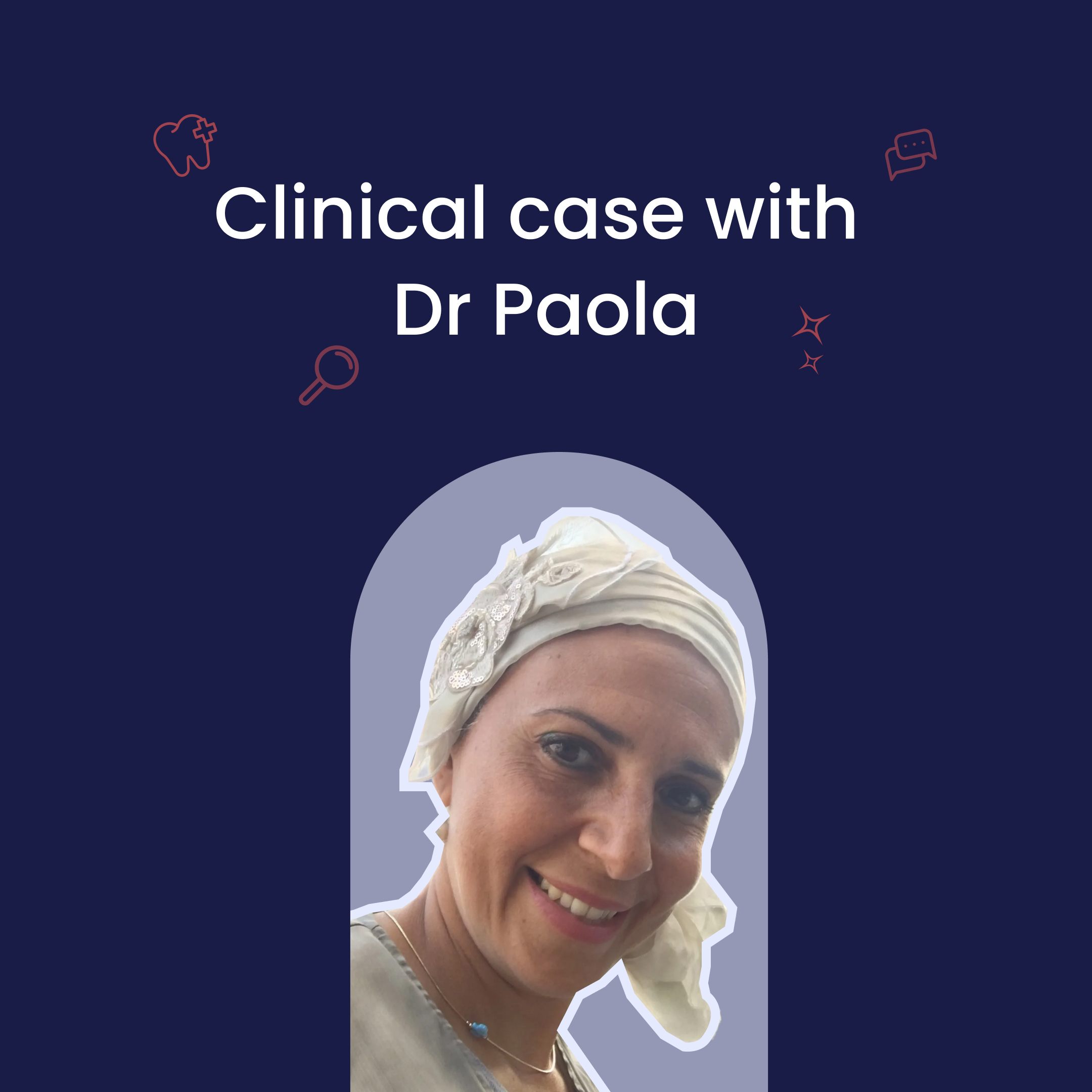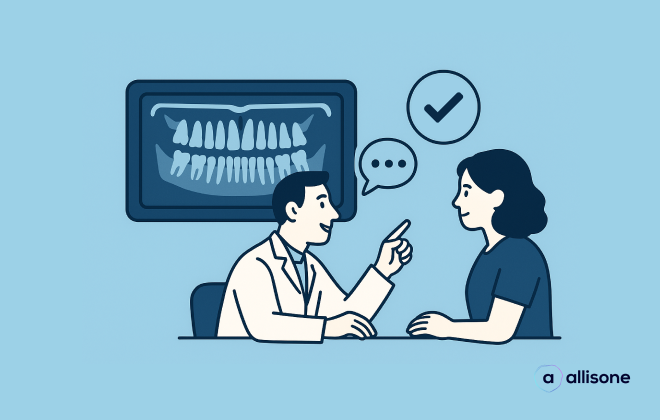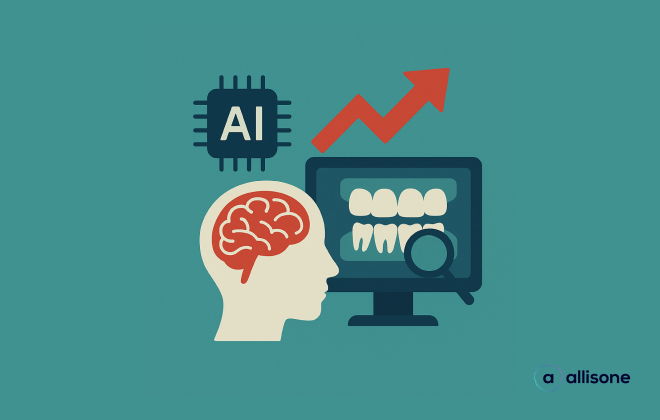
More than nine out of ten health professionals are confronted with "no-shows", appointments that are not honored and that result in the loss of up to 40 minutes of consultation time per day.* You don't need to be told: these rabbits tarnish the daily lives of dentists who work every day to respond to an ever-increasing and more urgent demand for care.
Schedule systematic reminders of appointments
According to a survey, forgetting is the first cause of no-shows. To limit these no-shows, dental offices with sufficiently available assistants can organize a systematic reminder by phone, 48 hours before the appointment. The main targets of these manual reminders are new patients and regular "rabbits".
In recent years, this tedious task can also be automated thanks to online appointment software. The giant of the sector Doctolib promises, for example, a 30% decrease in the number of missed appointments thanks to the sending of SMS to each patient 7 days and then 2 days before the appointment. For your information, the subscription to the platform including this "no-show" reduction tool costs about 130€ per month.
If you have the ability to personalize your email or SMS reminders, consider using a conversational and explicit mode: it increases the readability of your message and encourages a response, with a simple click. Your patients need to know why it is important to notify the office as soon as possible if they cannot attend. Clearly remind them that another patient will be able to receive your care in their place. For example, you might say, "Hello, we remind you of your appointment at Dr. Martin's dental office on Wednesday, June 1 at 2:30 p.m.If you can't make it, please contact us. If you are unable to attend, please contact us promptly to cancel or reschedule your appointment. Other patients waiting for an appointment will be able to take advantage of your slot. Thank you!"
Emphasize the importance of annual check-up appointments
Your patients should be fully aware that their oral health has an impact on their overall health, and that a bi-annual visit is not a coincidence: a regular check-up of the condition of their teeth, gums and implants or crowns allows for early detection of possible pathologies. For example, inform your patients that treating a cavity is less invasive in its early stages than when it has affected the nerve.
Even if the phobia of the dentist is clearly decreasing, many patients are still reluctant to come to your office if they do not feel the urgency. Their experience in your office is a determining factor in their commitment to their oral health care. What are your levers for optimizing the famous patient experience? The quality of the welcome, empathy, listening and teaching.
You can easily communicate prevention messages through displays in your waiting room and treatment room. And never hesitate to hammer home the importance of this follow-up at every visit: you are in the best position to encourage your patients to keep these appointments, which help limit the deterioration of oral health.
To help your patients optimize their oral health care, suggest that they schedule their next appointment as soon as the day's consultation is over... and don't forget to remind them at least 48 hours in advance to make sure they haven't forgotten you!
Devote more teaching time in the chair to increase adherence to the treatment plan
To prevent your patients from cancelling (without notice) or rescheduling their appointments during treatment, they also need to know why their care is being done in stages and at set intervals. They should also be aware that treatment should not be delayed: the longer you wait, the more the tooth deteriorates and the more expensive the treatment becomes. Finally, your patients should understand the purpose and nature of your procedures at each consultation.
Once again, your best ally in avoiding rabbits is pedagogy. This exercise, which consists in popularizing sometimes complex information, can be greatly facilitated thanks to state-of-the-art tools. By offering you a tool to help you understand the patient and to help you build your treatment plan, theartificial intelligence ofAllisone facilitates your teaching work in the chair. AI accompanies you in this fundamental step that ensures the awareness of your patients: their adherence to the treatment plan and their attendance at appointments are essential for the best possible care.
Every precious minute spent nurturing your relationship with your patients helps reassure them of your professionalism and commitment to caring for their oral health. If they know you are involved, they will be more involved...
Improving the patient experience not only benefits the oral health of the population, it also benefits dentists who can work more serenely.
*Source: Odoxa 2019 study
Learn more about Allisone.
Articles en lien
Lorem ipsum dolor sit amet, consectetur adipiscing elit.

L’intelligence artificielle au cœur des soins dentaires : témoignage du Dr Paola

Mieux faire accepter les plans de traitement : 4 leviers qui fonctionnent vraiment






